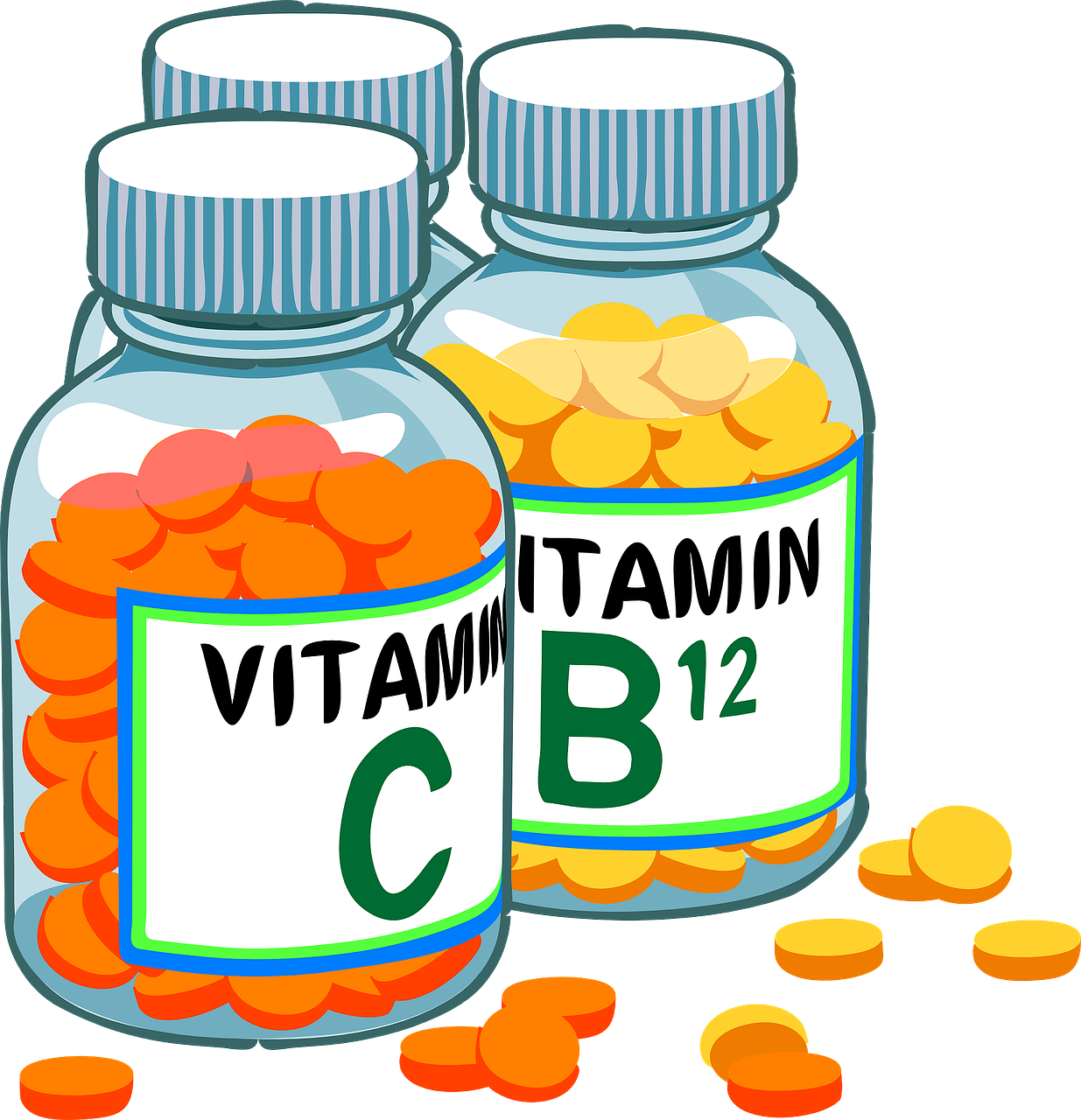Myth about vitamins
Thousands, if not millions of Americans, take vitamin and mineral pills every day, but do we really know why we take them? Most of us just hopped on the trend of drinking them because we are told that they are good but are they all that and even more? Can everyone really take vitamins, and do they really work? Don’t worry; we’ve got you covered, and we’ll go with you on the most common myth about vitamins and what you should really know about them. Like with any medication, please see your doctor or a medical professional before taking them and don’t take them because they were recommended to you by a friend of a friend. There is a science behind this, and we shouldn’t take it too lightly.
#Myth 1- you can never take too many vitamins

As with anything in life, yes, there is something called too much, and you can have too much of a good thing. This is the case for vitamins too, and the overconsumption of vitamins can have some pretty dangerous consequences. I understand, though, you don’t need a prescription to get vitamins or minerals, so you assume that there is no such thing as too much. But if you read the fine print on the bottle or box, which most of us don’t, let’s be honest here, you’ll see that there is a dosage that you should and, I repeat, should respect/follow.
Let me give you an example where too many vitamins can lead to them interfering with your body’s fine-tuned system to foreground this point. If you can too much Vitamin C or calcium supplement, you might have severe stomach pain and/or diarrhea.
#Myth 2- Taking multi-vitamins can make up for a poor diet

Well, the jury is still out on this one, and most scientists don’t recommend this to make up for a poor diet. The best way to make up for a poor diet is to talk to a dietitian, and they will help you balance your diet with all the food that you need to stay in good health and have a healthy diet. Going back to multi-vitamins, scientists have come to a consensus on them yet. While some studies suggest that it may protect us from sudden death, others refute this point and believe that vitamins are completely useless and a waste of money. As their name suggests, they are food supplements and aren’t there to replace food and can thus make up for your poor diet.
#Myth 3- Vitamin C can prevent cold

I’ll let you take a wild guess on this one, do you think this is true or not. Well, you might be surprised by my answer, it doesn’t, but it helps with colds. Let me explain because this might be a little confusing. According to a 2013 study conducted by Cochrane Library on Vitamin C, while it doesn’t prevent the general cold, it reduces the duration of the cold and its severity if taken continuously and regularly as prescribed. This means that no, it won’t prevent you from catching a cold, but it helps your body fight it.
#Myth 4- Supplements are never necessary

This is also unfounded as supplements are also very helpful, and as its name suggests, it supplements one diet from things that they might miss because of their dietary restrictions. While it might not be helpful if you take them haphazardly and without prescription, it is beneficial for a certain portion of the population prescribed these supplements. Who it might help:
-
- Vegans- Taking vitamin B12
-
- Someone on a calorie-restricted diet- Multi-vitamin and Minerals
-
- Pregnant woman—Folic acid
-
- People with a dairy allergy or lactose intolerant- Vitamin D and calcium
However, as we told you earlier, the science on whether other supplement work is still out and your guest is as good as ours on them. However, scientists and nutritionists alike believe that vitamins, minerals, and supplements are only helpful if you are deficient in that given nutrient.
Sound off in the comments section below and tell us what other myths you used to believe about vitamins and other supplements.



